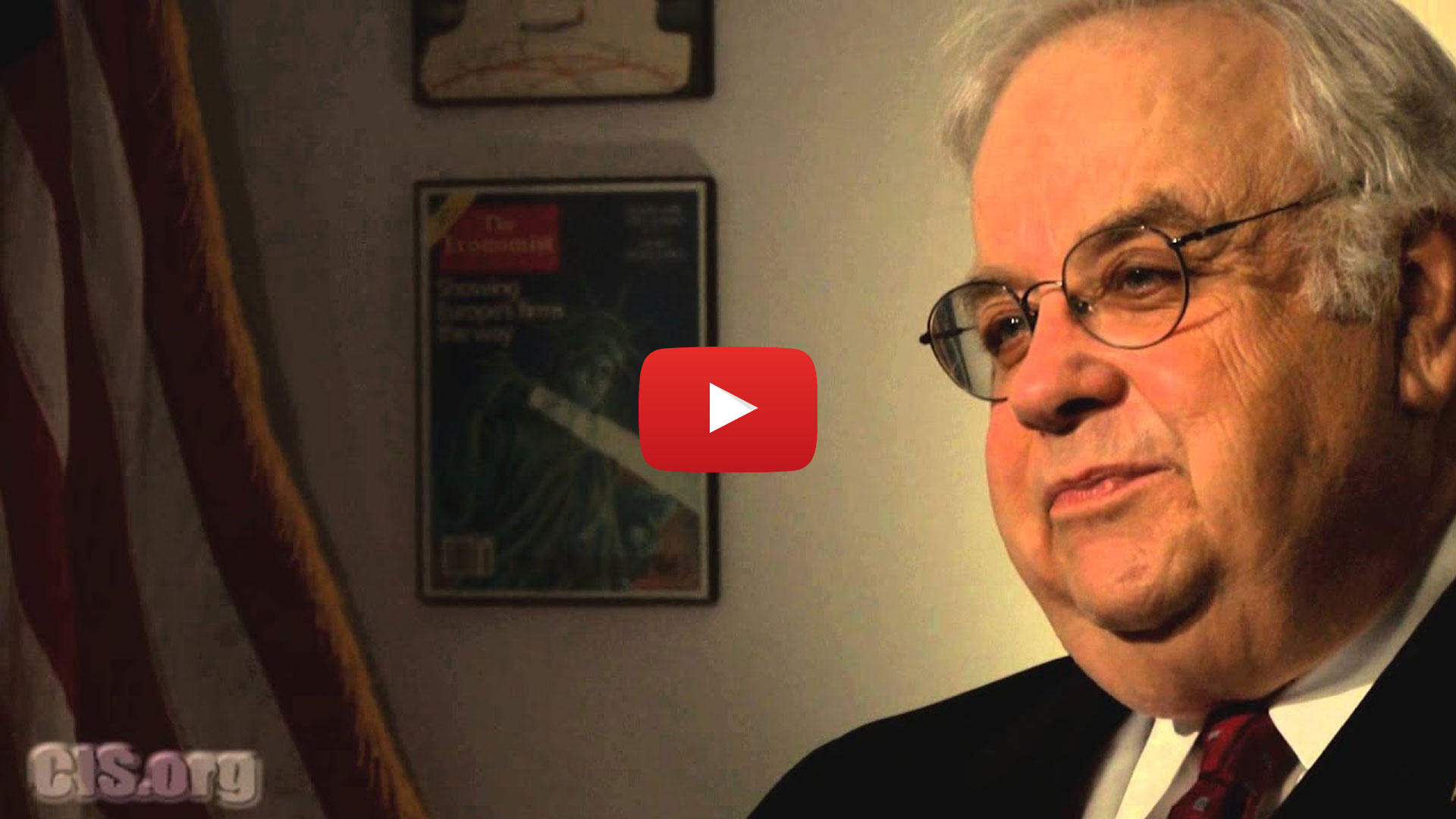
Search for:
During the loose-labor period after the Civil War, European immigrants banded together in unions to stifle competition from Freedmen. But during the tight-labor market of the mid-20th century, unions played an important role in securing the success of the Great Wave and the Great Leveling. Federal immigration policy was an important factor during both periods and the bottom line is all laborers have more power in a tight labor market.

On a recent episode of Rising, Briahna Joy Gray, former Press Secretary for Bernie Sanders, said:
Identity politics are often cynically weaponized to make people turn against workers. They claim that unions hold no promise for black and brown workers, for example, ignoring the significant role marginalized racial groups have always had in their labor movement.”

There is a lot of truth to Gray’s comment, but it brushes past some unsavory bits of our history. European immigrants in the 1800s, living in shocking conditions, banded together to enhance their prospects of survival, particularly against what they feared would be a surge in free Blacks migrating from the southern states.

As reported in Back of the Hiring Line, by the 1850s, “free Black workers had been driven out of most jobs on the New York City waterfront by the Irish immigrants who had gained control over the trades.”

Even with Blacks at the back of the hiring lines, the nascent labor movement of European immigrants and native-born whites still struggled under an immigration system that might as well have been designed to stifle them.
The root cause of the depression that engulfed native workers during 1848 — 1855, as during 1840 — 1844, was the high level of immigration, which once again surged upward…reaching five times the level of the first half of the 1840s.” – “Without Consent or Contract: The Rise and Fall of American Slavery“
The 1864 Act to Encourage Immigration required immigrants to exchange free passage for a period of wage-free work obligation to the employers who paid their way. American labor had a hard time competing.
Organized labor would eventually welcome descendants of slavery and Freedmen into the fold, and no American can claim greater credit for that than A. Philip Randolph and his Brotherhood of Sleeping Car Porters.
After World War I temporarily slowed immigration to a trickle, Randolph agitated for a time-out on all immigration:
It is time to call a halt on this grand rush for American gold, which over-floods the labor market, resulting in lowering the standard of living, race-riots, and general social degradation. The excessive immigration is against the interests of the masses of all races and nationalities in the country — both foreign and native.”

The 1924 Act didn’t end immigration, but it greatly reduced it, and the great rise of all Americans – but especially Black Americans – into the middle class in the decades that followed proved Randolph prophetic.
Randolph wasted no time in the new tight-labor market to help organize the Brotherhood of Sleeping Car Porters, whose historic successes battling the Pullman Company on the railways helped soften organized labor’s long-held anti-Black policies.

According to Daryl Scott of Howard University, Randolph “forged the alliance between Blacks and labor, a central element of the civil rights era. For this alone, his place in the history of the black left is secure.”
“…the hard lesson of labor history is that the more generous the immigration policy, the worse it is for all workers…”
As the liberal labor economist Vernon Briggs, Jr. has noted, we are now in another era of large-scale immigration, only this time, many unions have adopted a pro-mass-immigration stance that works against the interests of their members:
The fundamental issue for labor has never been a question of whether unions should organize immigrants. Of course they must, as they have always done. Rather, it is should labor seek to organize workers specifically because they are immigrants, and in the process become a proactive advocate for immigrant causes? Or should unions do as they have in the past: seek to organize all workers purely on the grounds of the pursuit of their economic well-being?
If labor seeks to organize immigrants on the same basis it does native-born workers (i.e., making no distinction between the nativity of workers), there is no reason to embrace the broad range of immigration policy issues. Indeed, the hard lesson of labor history is that the more generous the immigration policy, the worse it is for all workers in their efforts to raise wages, to improve working conditions, and to secure employment opportunities.”

JEREMY BECK is a V.P., Deputy Director for NumbersUSA
Take Action
Your voice counts! Let your Member of Congress know where you stand on immigration issues through the Action Board. Not a NumbersUSA member? Sign up here to get started.
Donate Today!
NumbersUSA is a non-profit, non-partisan organization that relies on your donations to works toward sensible immigration policies. NumbersUSA Education & Research Foundation is recognized by America's Best Charities as one of the top 3% of well-run charities.
Immigration Grade Cards
NumbersUSA provides the only comprehensive immigration grade cards. See how your member of Congress’ rates and find grades going back to the 104th Congress (1995-97).